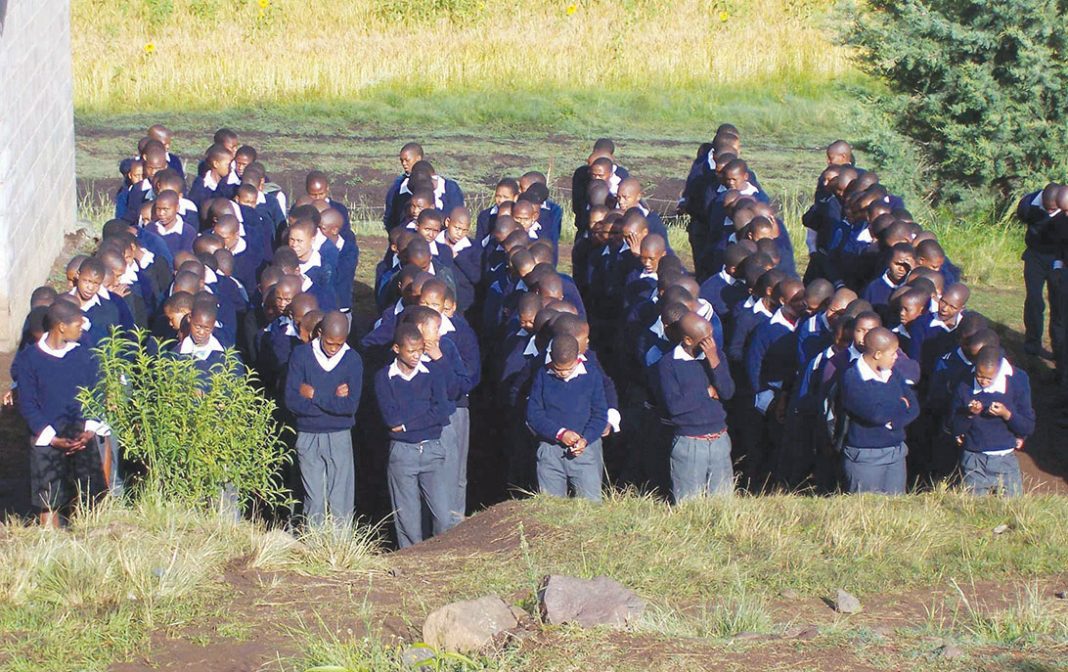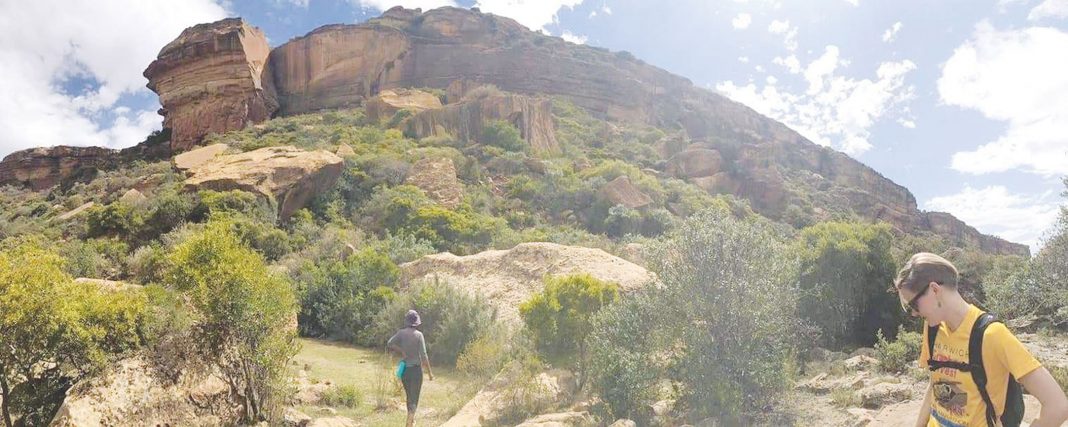By Staff Reporters
The COVID-19 pandemic has affected educational systems worldwide, leading to the near-total closures of schools, universities and colleges.
Most governments around the world have temporarily closed educational institutions in an attempt to contain the spread of COVID-19. As of 7 June 2020, approximately 1.725 billion learners are currently affected due to school closures in response to the pandemic.
According to UNICEF monitoring, 134 countries are currently implementing nationwide closures and 38 are implementing local closures, impacting about 98.5 percent of the world’s student population. 39 countries’ schools are currently open.
One such school is Tsolo Government Primary, which closed down on March 17 2020. Unlike other schools which have resorted to online learning, Tsolo Primary like many others has come to a total standstill.
Even in the northern hemisphere, Cambridge International Examinations (CIE) released a statement on March 23 announcing the cancellation of Cambridge IGCSE, Cambridge O Level, Cambridge International AS & A Level, Cambridge AICE Diploma, and Cambridge Pre-U examinations for the May/June 2020 series across all countries. International Baccalaureate exams have also been cancelled.
In addition, Advanced Placement Exams, SAT administrations, and ACT administrations have been moved online and cancelled.
School closures impact not only students, teachers, and families. but have far-reaching economic and societal consequences. School closures in response to the pandemic have shed light on various social and economic issues, including student debt, digital learning, food insecurity, and homelessness, as well as access to childcare, health care, housing, internet, and disability services.
The impact was more severe for disadvantaged children and their families, causing interrupted learning, compromised nutrition, childcare problems, and consequent economic cost to families who could not work.
In response to school closures, UNESCO recommended the use of distance learning programs and open educational applications and platforms that schools and teachers can use to reach learners remotely and limit the disruption of education.








